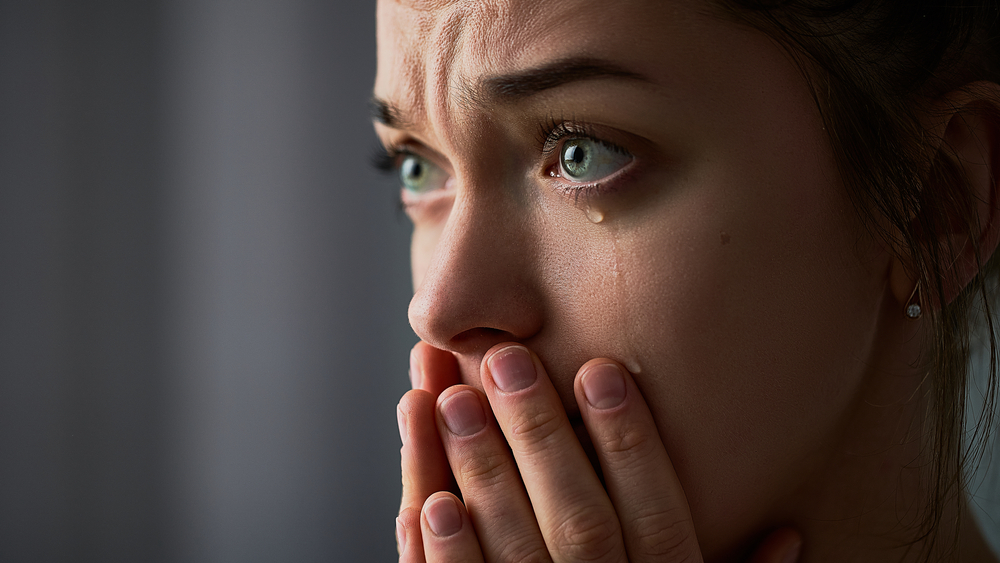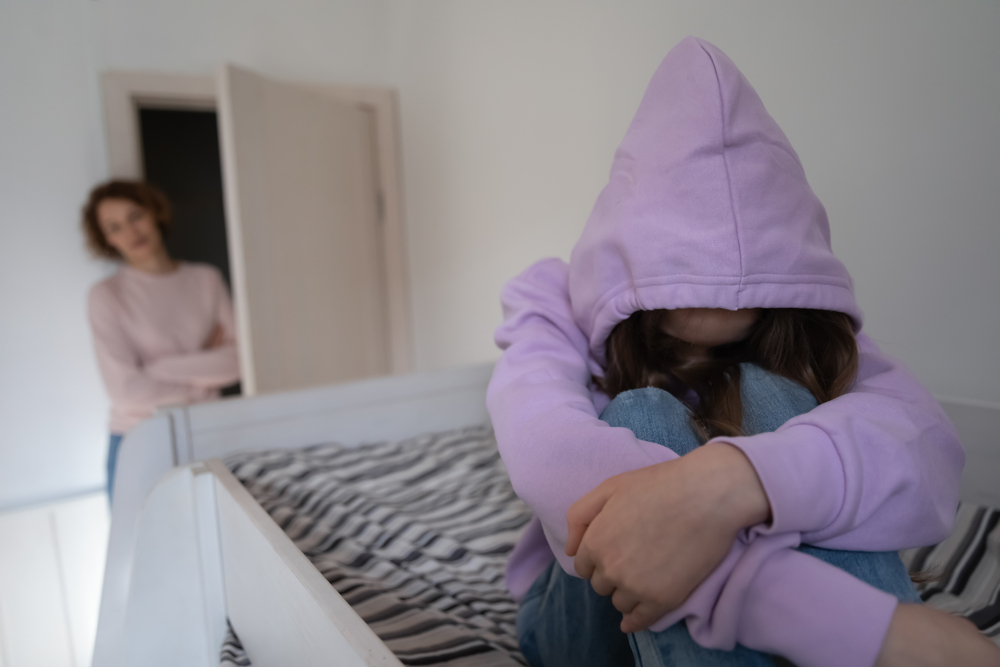If you have experienced a significant loss, you may naturally find yourself grieving. Understanding grief can improve your ability to cope with your feelings and adjust to life after the loss. Here is a guide to understanding the emotions, thoughts, and experiences that come with grief, and suggestions for coping with your loss.
Why Are You Experiencing Grief?
Grief is a natural response to loss. The most common reason you may experience grief is due to the death of a loved one or close friend. However, you can also experience grief for other forms of loss. Common causes of grief include:
- Death of a loved one
- Divorce or a romantic breakup
- Death of a pet
- Miscarriage or a new birth
- Diagnosis of a chronic illness
- Loss of a job
- Loss of financial stability
- Retirement
- Failure to accomplish a goal
- Loss of a friendship
- A natural disaster
- A trauma experience
- Loss of a close friendship
- Sale of a long-term home
In fact, any significant life change may bring grief with it, even things generally considered to be a positive event, like graduating from college or moving to a new home. This is because these events disrupt many of the established patterns of your life. That means it is perfectly normal and appropriate for you to experience grief following positive life-changing events.
Get Help Coping with Grief
Talk to a psychotherapist about the grieving process and how to acknowledge your loss.
What Grief Feels Like
Every person experiences grief differently. How you respond to loss may be different from your family and friends, even if you are grieving the same event. Grief often ebbs and flows, and you may experience waves or cycles of intense symptoms in between periods of feeling “normal” or as though you have moved on. Grieving may cause you to experience:
Emotions
The most obvious aspect of grief is the emotions you feel in the weeks, months, and sometimes years after you experience the loss. But the range of emotions you experience may be surprising. Grief can cause you to feel:
- Shock
- Sadness
- Despair
- Anger
- Depression
- Anxiety
- Helplessness
- Guilt
- Numbness
- Relief
- Nostalgia
- Regret
- Yearning
Often, these emotions can be triggered by events, experiences, or things like songs or scents that remind you of the person or thing that you lost. However, you may also find yourself experiencing strong emotions, even crying, without even knowing why.
Thoughts
Grief also brings with it unusual, unwanted, and even intrusive thoughts. You may find yourself experiencing disbelief, confusion, or doubt. You may be unable to concentrate or may struggle to think about anything other than the person or thing you have lost. Some people who suffer from anxiety or depression may experience an increase in intrusive thoughts or even suicidal ideas. Others may experience hallucinations, seeing or hearing things others do not. Grief can also make you question your religion or beliefs or open you to a deeper spiritual understanding. It can also cause you to change your mindset or how you see the world.
Behavioral Changes
While you are experiencing grief, you may well find yourself behaving differently than you otherwise would. Again, this can mean different things for different people. However, common behavioral changes for grief include:
- Irritability
- Insomnia (not sleeping enough) or hypersomnia (sleeping too much)
- Loss of appetite or excessive eating
- Restlessness (high energy) or lethargy (low energy)
You may also find yourself seeking activities or behaviors that remind you of the thing you lost. If you are grieving a medical condition, even if those behaviors may trigger additional grief.
Physical Experiences
Grief can also cause physical feelings and experiences. As mentioned above, one common physical sensation is an urge to cry. This can happen even without any accompanying sadness. However, you may also experience:
- Tightness or heaviness in your chest
- Nausea or stomach aches
- Headaches
- Dizziness
- Numbness
- Muscle weakness
- Neck tension
- Pain
- Tiredness
- Illness
How Does Your Culture Affect Your Grief?
Your culture, your religion, your connection with your community, and your support structure can all affect how you experience and express grief. This is because your culture and religion affects the way you think about illness, death, and loss. They may also provide meaningful rituals – such as prayer or visiting a person’s gravesite – that can help you cope with your grief. At the same time, though, your culture may also include taboos about death, illness, unemployment, or other sources of grief. This can
Ways to Respond to Grief
There is no right or wrong way to grieve. It will take time to process your grief. There is no specific timetable for healing from grief. However, there are ways to make this experience easier to bear.
Acknowledge Your Loss and Grief
It may seem cliché, but the first thing you can do to improve your grieving experience is to acknowledge that it is happening, and it is normal. Acknowledging and accepting the way grief is affecting you is an important part of the healing process.
Engage in Emotional Self-Care
When you experience a wave of grief, make space for it. Do something to sooth your feelings and allow yourself to feel better. This may mean engaging in those behaviors that remind you of your lost loved one, doing something that relaxes you, or engaging in physical activity to release anxiety or restlessness.
Seek Support from Others
The most important thing to know about understanding grief is that you don’t have to go through it alone. Your friends and family can provide listening ears, and can help you manage the day-to-day tasks that may feel overwhelming in the days after your loss. Community, religious, and other support groups can connect you with others who have experienced similar losses, who can empathize and help you cope. If your grief symptoms are not improving, or are aggravating an existing mental illness, you can also work with a psychotherapist to process your grief and manage your mental health.
David Stanislaw is a psychotherapist with over 30 years of experience. He helps adults, children, and teens grief and loss. Contact David Stanislaw to get help today.


 6 Ways to Accommodate Your Spouse’s Anxiety
6 Ways to Accommodate Your Spouse’s Anxiety How Long Does Therapy Take?
How Long Does Therapy Take? Helping Kids Cope with Trauma and PTSD
Helping Kids Cope with Trauma and PTSD